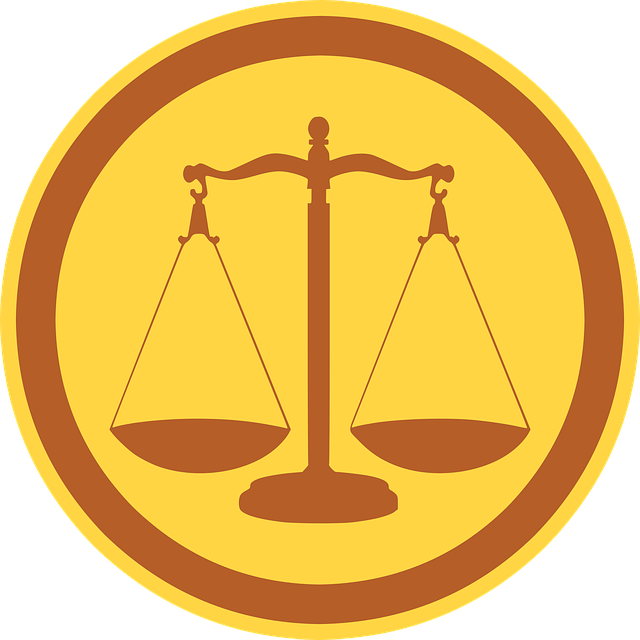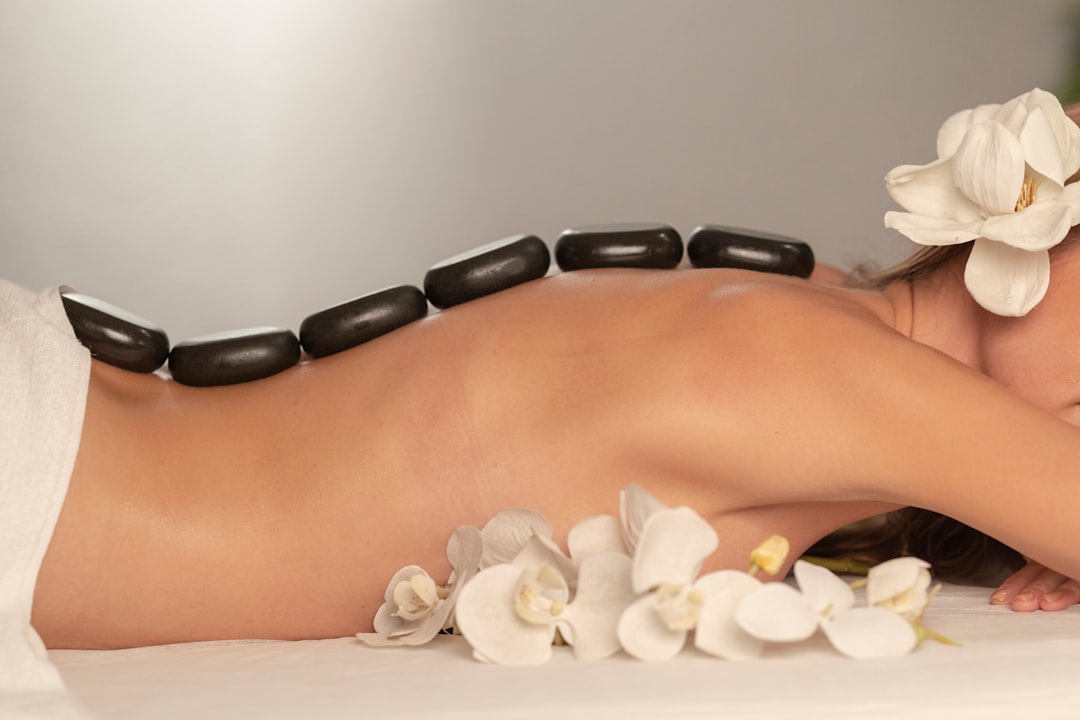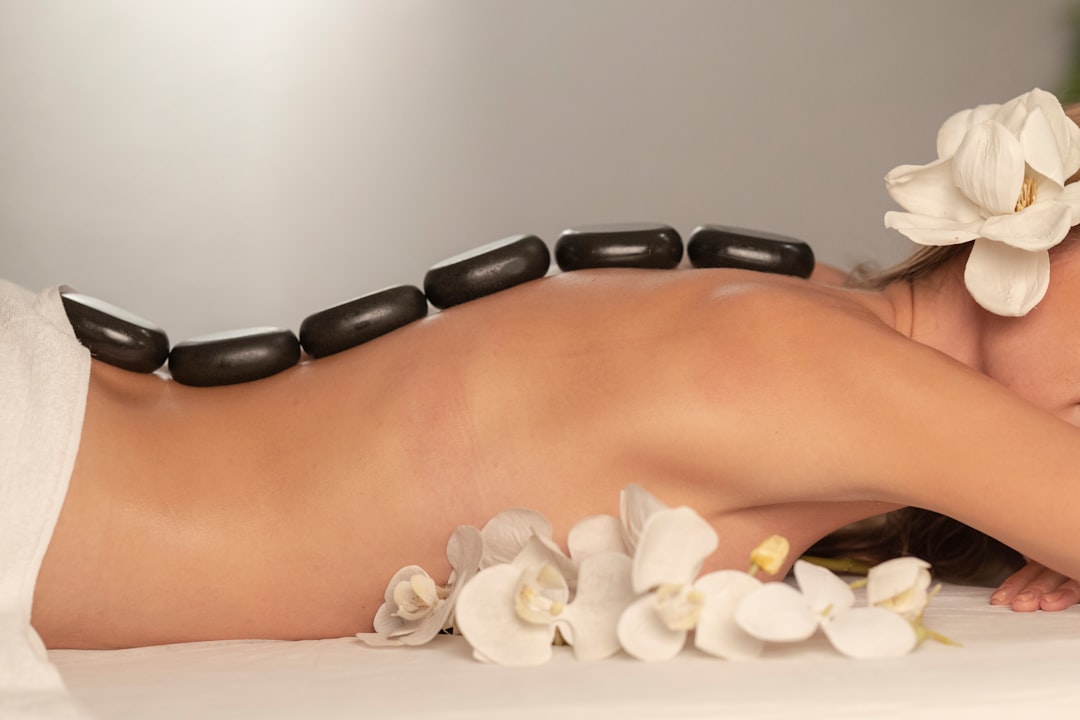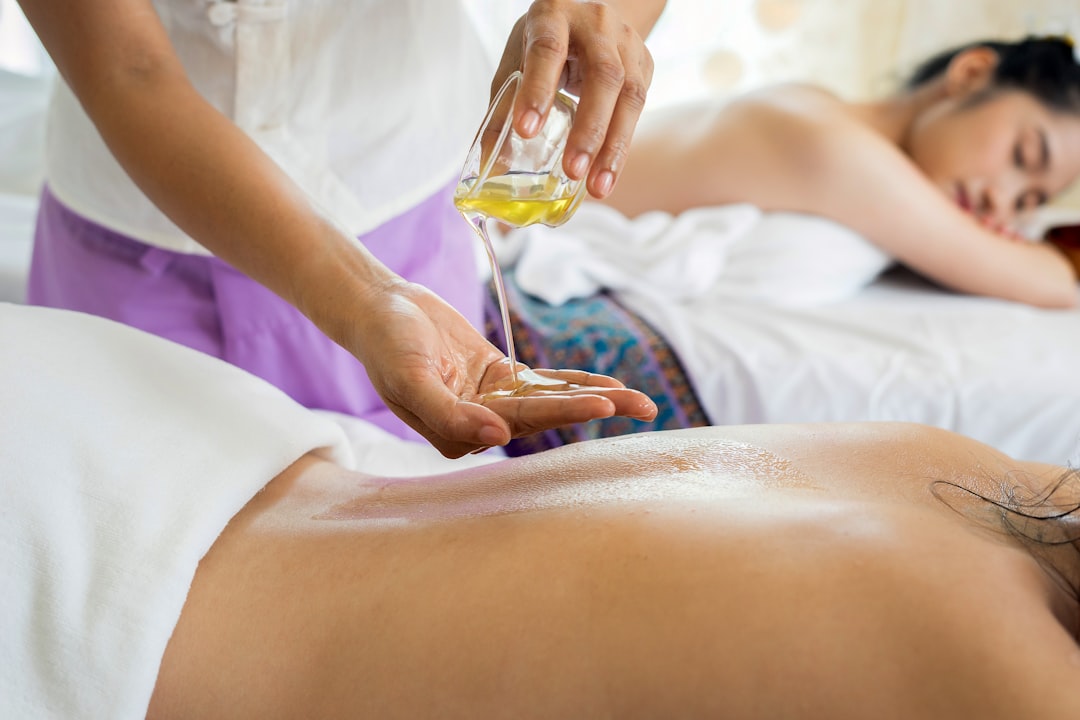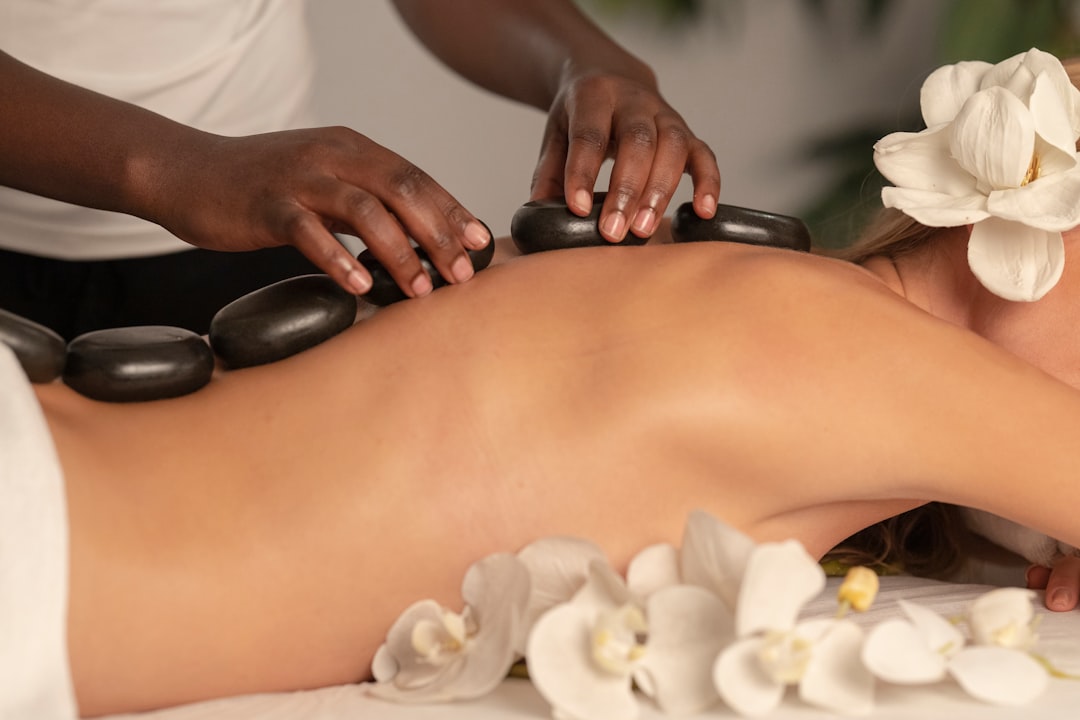Baltimore, MD's University of Maryland Medical Centers (UMMC) offer specialized trauma care for massage abuse survivors, combining medical with emotional support. Local massage therapy practices provide therapeutic sessions, while nearby massage abuse law firms offer legal assistance. UMMC's multidisciplinary team and supportive environment facilitate holistic healing through counseling, peer connections, and personalized programs. This integrated approach, coupled with robust legal protections, ensures survivors receive comprehensive care and justice.
“The University of Maryland Medical Centers (UMDMC) offers comprehensive trauma care, providing essential support for survivors in Baltimore, MD. This article delves into the various aspects of UMDMC’s trauma services, including understanding the care process, available support systems, and innovative recovery techniques like massage therapy.
Additionally, we explore legal protections for survivors through abuse law firms in Maryland. By examining these key components, we highlight the holistic approach to trauma care offered in Baltimore, ensuring every survivor receives the comprehensive assistance they deserve.”
Understanding Trauma Care at UMD Medical Centers
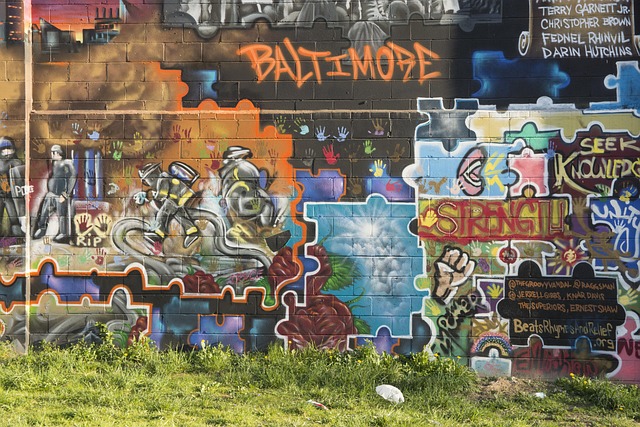
The University of Maryland Medical Centers (UMDMC) offers comprehensive trauma care tailored for survivors of all types of traumatic incidents, including but not limited to motor vehicle accidents and cases involving massage abuse in Baltimore, MD. Their dedicated team of experts from various medical specialties works collaboratively to provide immediate and long-term support, addressing both the physical and psychological needs of patients.
Understanding that trauma can have profound and lasting effects on individuals, UMDMC incorporates innovative therapeutic approaches into their care protocols. This includes specialized programs designed for survivors of complex trauma, ensuring that each patient receives personalized attention and treatment options aligned with their unique circumstances. In addition to medical interventions, the centers foster a supportive environment where patients can connect with peers, access psychological counseling, and learn coping mechanisms to navigate the healing process.
Support Services for Survivors in Baltimore MD

In Baltimore, Maryland, survivors of trauma find essential support through dedicated services offered by the University of Maryland Medical Centers. Beyond medical care, these centers provide a comprehensive network of emotional and psychological assistance to help individuals navigate their recovery journey. One notable aspect is their collaboration with local massage therapy practices, offering specialized sessions tailored for trauma survivors, which aids in relaxation and healing.
Additionally, legal support plays a crucial role in empowering survivors. Baltimore MD has several law firms specializing in cases involving mass age abuse, ensuring that victims have access to justice and compensation. These services work hand-in-hand with medical centers, offering holistic care that addresses both the physical and psychological impacts of trauma, fostering a supportive environment for recovery and rebuilding lives.
The Role of Massage Therapy in Recovery

Massage therapy plays a significant role in the recovery process for survivors of trauma, including those who have experienced abuse. Many survivors carry physical and emotional tension in their bodies as a result of their traumatic experiences, leading to chronic pain and stress. Massage therapy helps to release this built-up tension, promoting relaxation and reducing symptoms associated with post-traumatic stress disorder (PTSD). It can also improve circulation, enhance flexibility, and provide a sense of comfort and security for survivors who may feel vulnerable.
In Baltimore, MD, where massage abuse law firms have been instrumental in advocating for victims’ rights, access to therapeutic massage services is increasingly recognized as a crucial component of trauma care. Skilled therapists use various techniques tailored to the unique needs of each survivor, fostering a safe and supportive environment. This holistic approach complements traditional medical treatments and contributes to the overall well-being and resilience of survivors navigating their recovery journey.
Legal Protections: Abuse Law Firms in Maryland
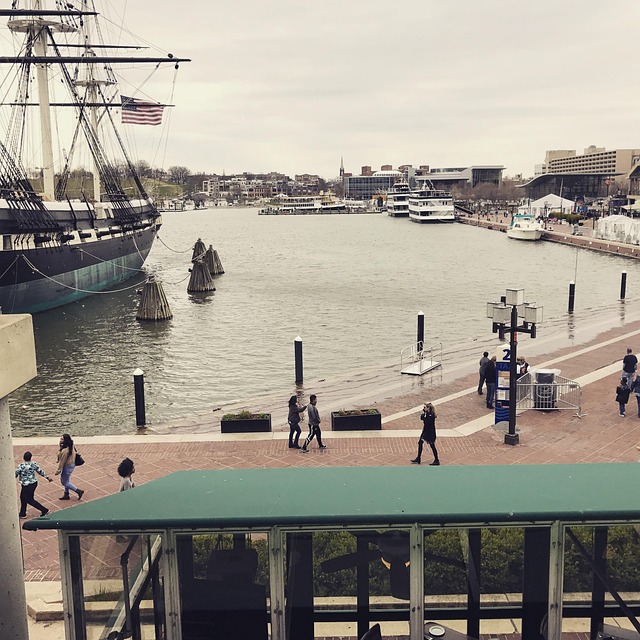
In Maryland, survivors of trauma, including those who have experienced massage abuse in Baltimore MD, are protected by strict laws designed to prevent and penalize perpetrators. The state’s legal system offers robust safeguards for victims, ensuring they can seek justice and receive adequate care. Abuse law firms in Maryland specialize in handling such cases, providing expert legal counsel and support to help survivors navigate the complex process of reporting and pursuing legal action.
These massage abuse law firms are well-versed in the applicable laws, including those related to professional licensing and civil litigation. They offer confidential consultations and guide survivors through the steps necessary to hold accountable anyone who has caused them harm. By leveraging their knowledge of the legal protections available, these law firms empower trauma survivors to take control and find closure.
Comprehensive Care for Trauma Survivors in Baltimore

The University of Maryland Medical Centers (UMMC) offers comprehensive trauma care for survivors in Baltimore, addressing physical and psychological needs with equal importance. Their specialized teams provide advanced medical treatment while fostering a supportive environment for emotional healing. This holistic approach is especially crucial for survivors of massages abuse, ensuring they receive not just physical rehabilitation but also mental health services tailored to their unique experiences.
In Baltimore, where massage abuse law firms have played a significant role in holding perpetrators accountable, UMMC steps up as a vital resource for survivors. The medical center’s trauma program is designed to help individuals navigate the aftermath of such traumatic events, offering counseling, support groups, and resources for long-term recovery. This integrated care model ensures that survivors receive the comprehensive attention they deserve, promoting healing and rebuilding their lives.

